Experiencing diarrhea might cause you to lose some weight. But is it real body fat weight loss? Or just water reduction? Let’s find out the hidden cause and solution to diarrhea and weight loss.
Does diarrhea cause weight loss? Well, the response is yes. Is it, however, a comprehensive or good method for losing weight? Is it anything to be concerned about? It might not be a smart option if you desire to lose weight in a long-term, reliable, and responsible way. Nearly everyone has had diarrhea at a certain time during their lives. Despite the fact that it isn’t a serious but short-term state, the signs are unpleasant.
Weight reduction and diarrhea, in fact, are not synonymous. how much weight do you lose from diarrhea? If diarrhea lasts around over three days, a few individuals might unintentionally lose 1 or 2 lbs. As per studies, diarrhea is a popular digestive issue that causes people to lose weight because of poor absorption of nutrients. Even so, there isn’t any guarantee that everybody will lose weight quickly as a result of diarrhea as this body is continually handling food and getting passed waste.
Are you really interested in learning more about the enigmatic link between diarrhea and loss of weight, as well as how to treat the problem? Continue reading to find out!
Is Diarrhea a Diet Issue?

Generally speaking, diarrhea is a frequently occurring condition. Every year, even wholesome young people and adults could undergo several repetitions of diarrhea. The vast majority of the time, the signs are intense (brief) and, therefore, will resolve within several days.
Diarrhea that lasts over 3 days is cause for concern because it could be a sign of a more severe medical issue, for instance, a gastrointestinal illness (for instance, from the microbes Clostridium difficile or C. diff.), inflammation of the intestines (also known as IBD), inflammatory bowel disease (also known as IBS), or gluten intolerance.
Chronic diarrhea that lasts over 4 days or enduring diarrhea that lasts more than a month can cause dehydration and unintentional weight loss. As a result, it is critical to obtain a prognosis in order to tackle the root causation of diarrhea.
It creates wateriness and ends up losing bowels, which increases the number of bowel habits. This would start making the infected individual feel exhausted and weak because the body must rapidly lose a large quantity of fluid, leading to dehydration. Continuous diarrhea is, in fact, a nutritional issue because it can lead to substantial weight reduction. It is, in fact, common for your body mass to vary slightly as a result of digestion problems. It does not, even so, indicate a healthy weight reduction.
This blog post looks into the drives of severe diarrhea and how it might result in unexpected weight loss. In addition, it even describes how the state is identified and treated.
If you are experiencing diarrhea for an extended period, you may be losing weight. If you are a senior and have lost weight unintentionally due to prolonged diarrhea, your body may lack proper nutrition. A balanced diet can help you manage your weight. Consult with your dietitian to ensure that you are consuming enough protein, vitamins, and minerals.
Diarrhea Causes Weight Loss in What Ways?
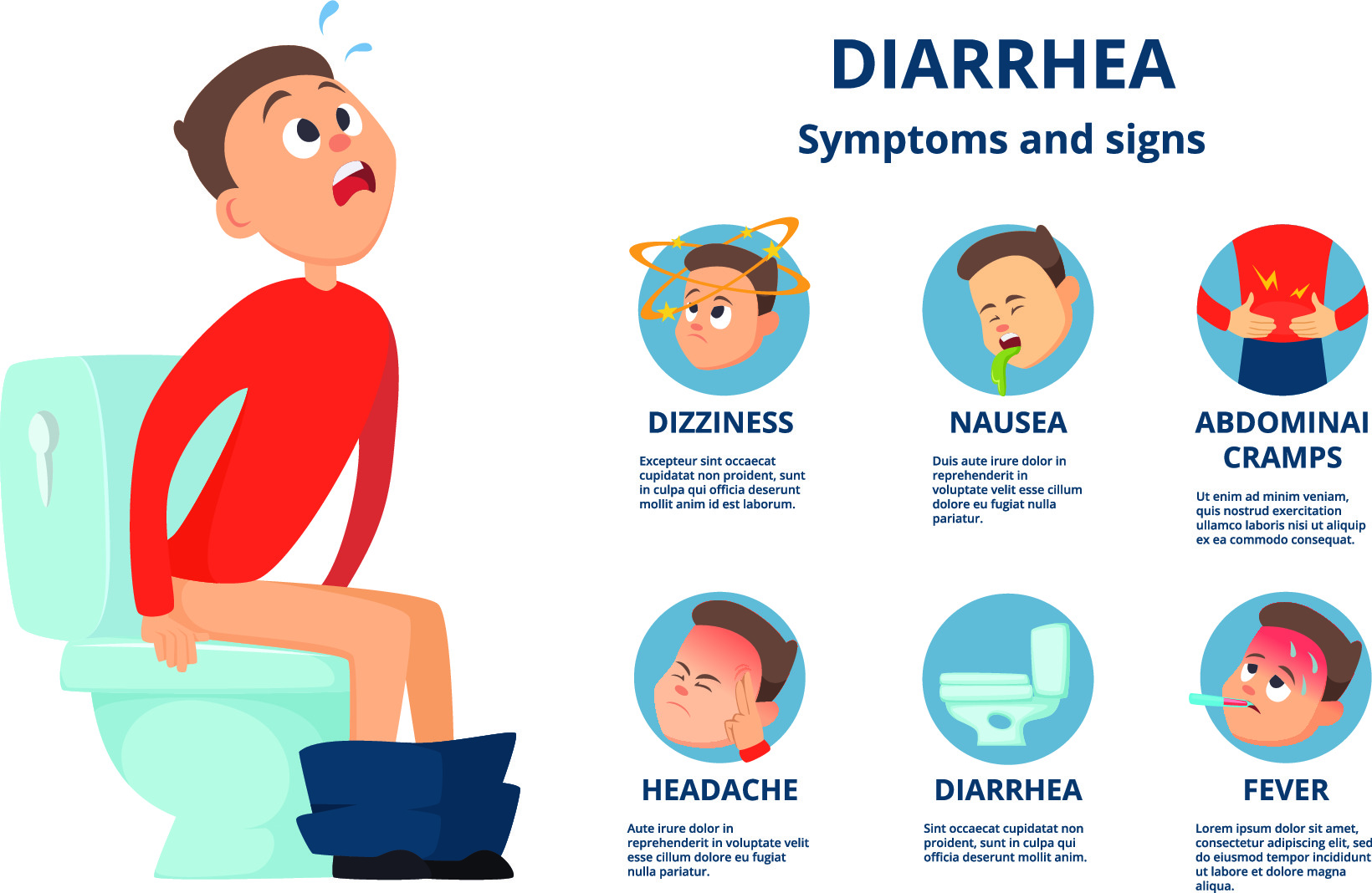
Diarrhea, in fact, is not necessarily the result of an illness or a condition. Outer factors that could lead to it include water loss, diuretics/ slimming green tea, and undernourishment. Let’s discuss them further down.
Dehydration
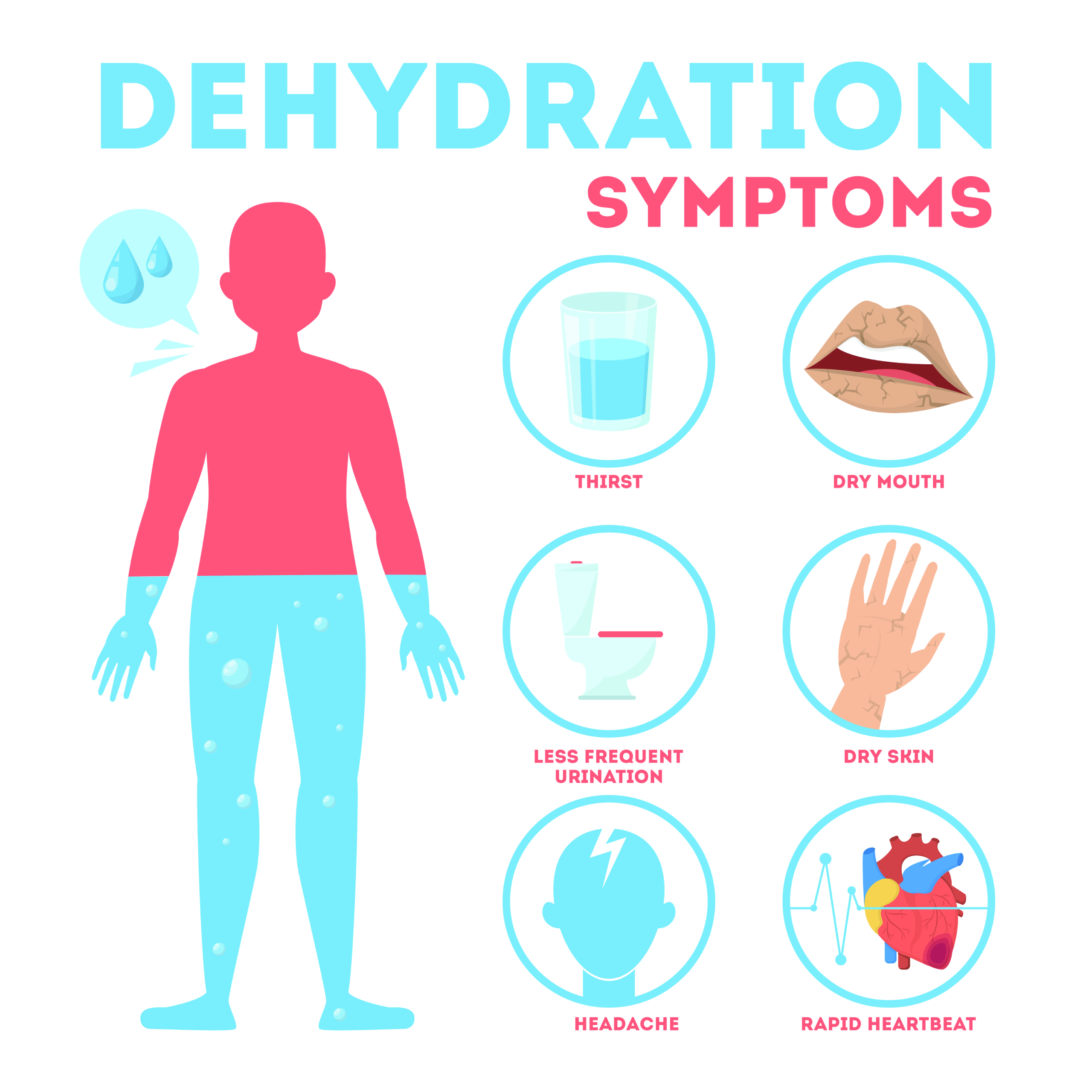
Generally speaking, dehydration is a state that results from excessive water retention or inadequate water consumption. It is, in fact, both times. Diarrhea usually drives dehydration because it makes you transfer liquid waste commonly. In addition, diarrhea might cause severe dehydration, which might be fatal.
According to Natalie Rizzo, MS, RD, a Nutrition Expert in New York City, almost all stool evaluates approximately 0.25 lbs or 100 g. This varies according to an individual’s dimensions and the number of bathroom visits. However, because poop is generally 75% water, using the bathroom expels a small amount of water weight.
And that is the key reason why you may recognize a small drop in your body mass after using the restroom. As you suffer from diarrhea, you tend to lose a lot of water with each intestinal motion. As a result, depending on the amount of water you lose and how fast waste goes thru your mechanism, this plunge might be far more prominent.
Dehydration can lead to diarrhea, which in turn causes weight loss. Make sure to stay hydrated by drinking plenty of fluids such as water, coconut water, or sports drinks rich in electrolytes to keep your body hydrated and maintain a healthy weight. Check out this article to know more about exercise and tips to help you poop.
Malnourishment

Poor nutrition, in addition, might lead to weight reduction, but undoubtedly in the unhealthiest possible manner, because the body travels waste too rapidly for vitamins to be soaked up.
As stated by the WHO, numerous kids who die from diarrhea have to underpin undernourishment. As a result, malnourishment makes them far more prone to diarrhea. This is also among the physiological effects of malnourishment.
Losing weight Teas and Diuretic Medications
The term bendroflumethiazide generally relates to diuretic pills. It is usually administered by health care providers to treat high blood pressure (also known as hypertension) and fluid retention (fluid that accumulates in the body). It is generally a medication known as a water tablet since it causes consumers to transfer more bodily fluids. As a result, they could really eliminate fluid buildup fast in their bodies.
Even when medications are powerful pills, they have a number of negative effects. And diarrhea is among these adverse effects. It is obvious that if you transfer poops on a regular basis for several days, it could actually impact your overall body mass.
This, even so, is not the entire story. The truth is that when it comes to weight loss, numerous people are turning to medications or water meds. They genuinely think that by taking these medications, they will be able to lose weight quickly. A few people purchase them from drug stores, whereas others purchase them online. So, do diuretics, on the other hand, result in weight reduction?
Matthew Brengman, a pediatric gastroenterologist, clarifies this point well. He went on to say that medications would be any medication or over-the-counter meds that compel the body to eliminate liquids that it would not instead do by itself. This indicates that medications will only assist you in losing water retention. Sadly, research findings have demonstrated that this kind of weight reduction does not last.
What’s more, there are many slimming teas that individuals use to lose some weight. Losing weight tea, generally speaking, works in theory by boosting the digestive process, assisting metabolic activity, and occasionally eliminating impurities from the stomach.
Despite this, studies suggest that fast weight loss teas comprise medications, which might cause diarrhea as well as other health issues. In reality, the FDA advises against the use of slimming teas because there is a dearth of proof of effectiveness or safety as well as trustable studies.
As a result, you should think more carefully about the use of slimming teas as well as other natural weight-loss probiotics.
Diarrhea-Related Medical Conditions
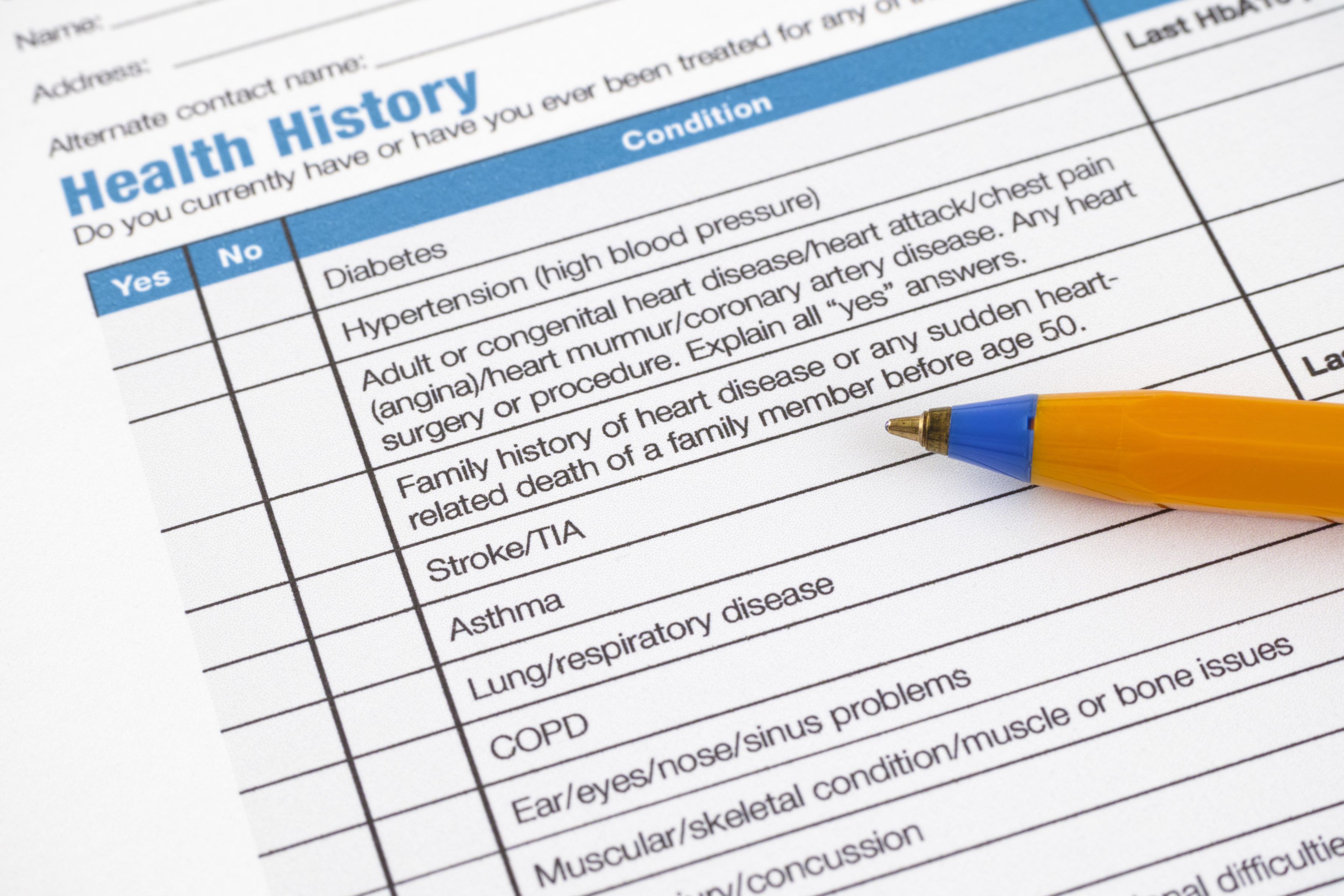
More information regarding diarrhea and weight reduction is available. Below is a long list of unexpected medical problems that are either directly or indirectly linked to diarrhea and can cause weight fluctuations.
Irritable Bowel Syndrome (IBS)
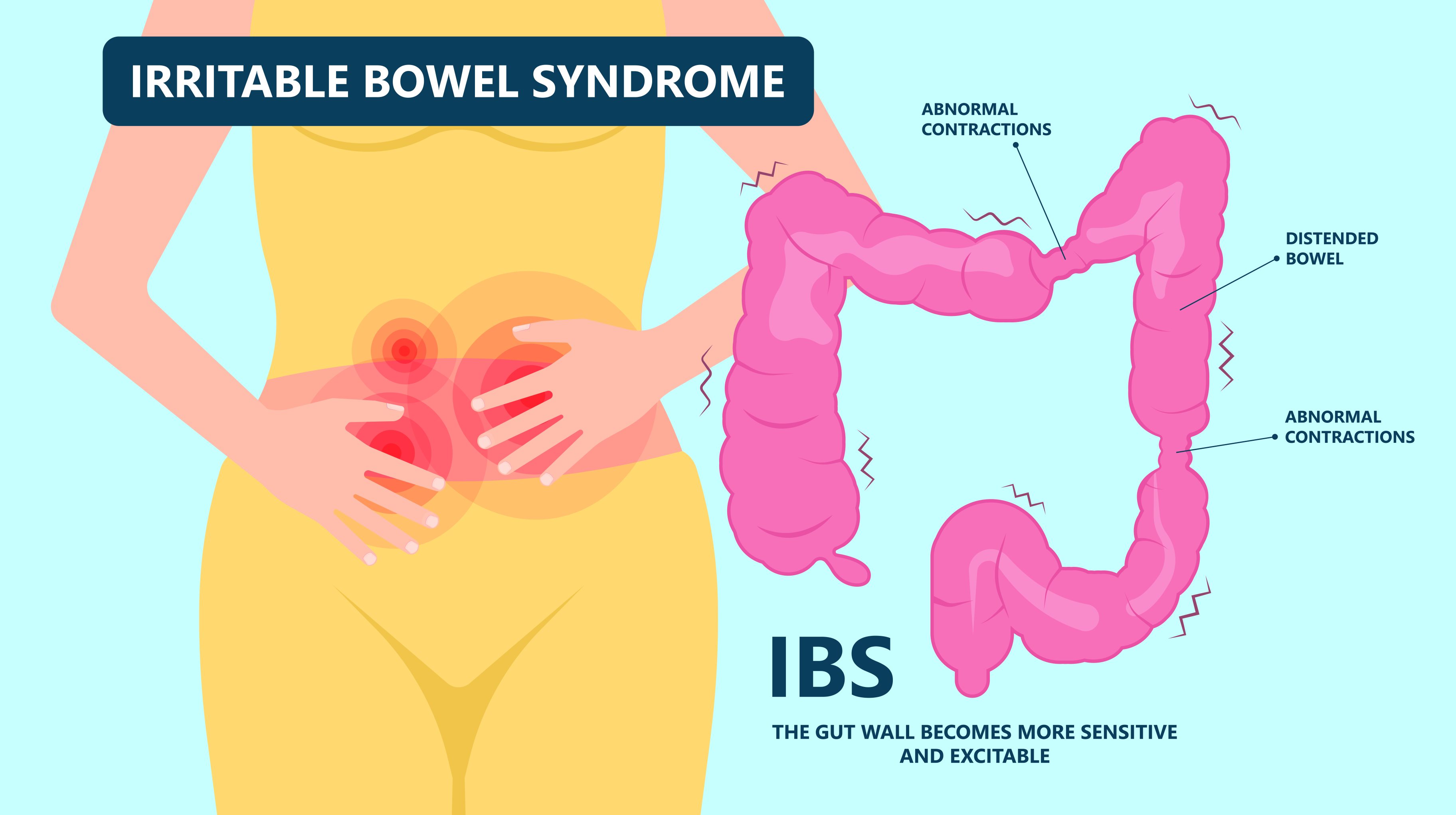
For those who don’t know, Irritable Bowel Syndrome is a prevalent condition that causes chronic diarrhea or bowel problems. It is caused by a microbial disparity in the digestive tract and, therefore, might lead to symptoms such as gas, constipation, malnutrition, and unrelated weight loss.
Inflammatory Bowel Syndrome
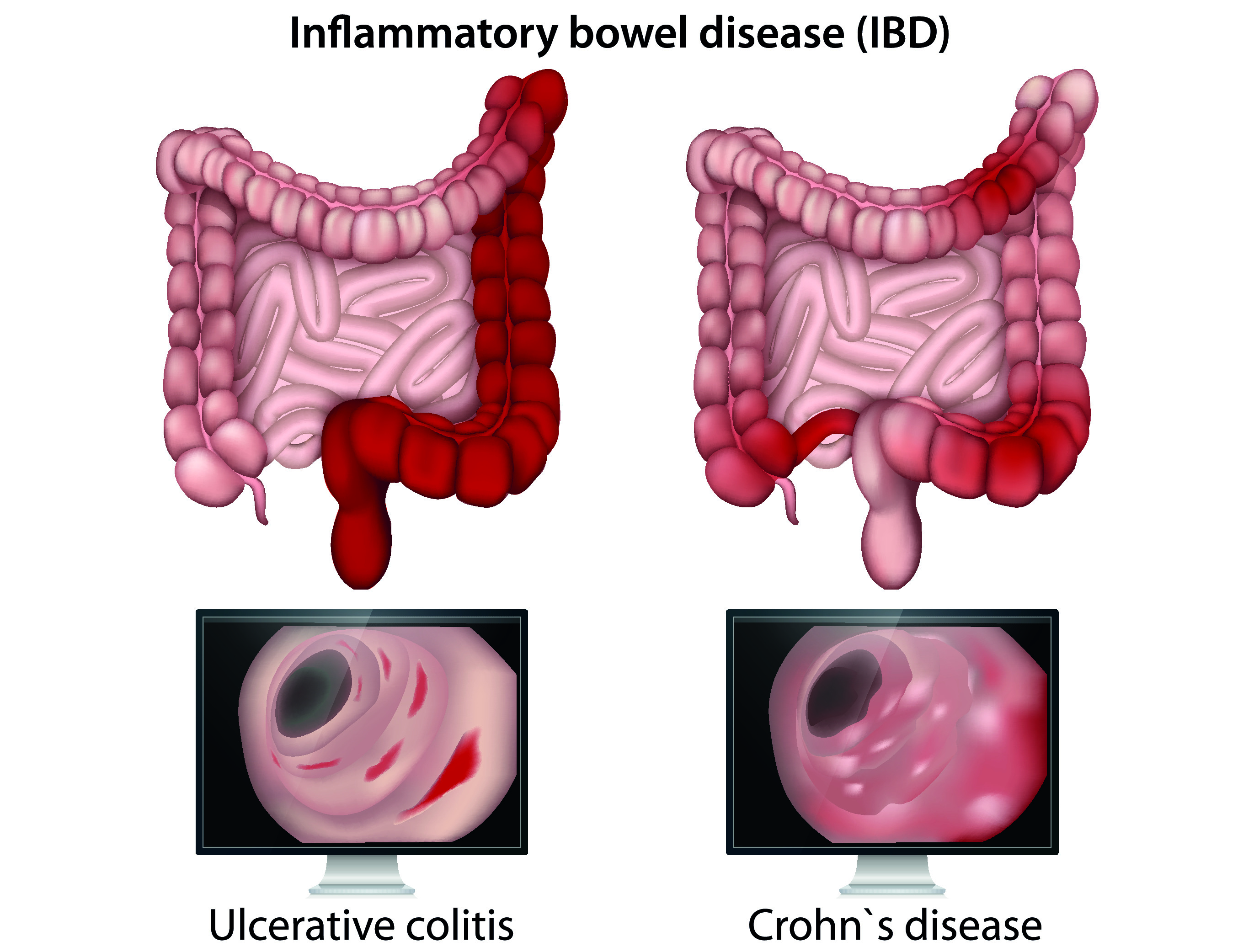
Crohn’s disease and gastrointestinal disorders are examples of irritable bowel disorders that impact the gastrointestinal system and its proper functioning. As a consequence, absorption of nutrients is impaired, resulting in malnutrition and weight reduction.
Gluten Intolerance
Celiac disease, widely recognized as gluten sensitivity, is a common immune-mediated disease that triggers an immune condition against lactose, a particular kind of protein. As a consequence, this might result in significant harm to the intestinal epithelium, deriving nutrient lactose intolerance, diarrhea, and loss of weight.
Diseases that are persistent
Persistent microbial diseases and continual diarrhea might also result from prolonged exposure to infected food and beverages containing bacteria or freeloaders. As a consequence, it causes small intestinal damage, resulting in malnourishment and unforeseen weight loss.
If you suffer from persistent diseases like bipolar disorder, check out our list of famous bipolar people who have also dealt with this condition. It’s important to manage any chronic illness with the right treatment to maintain a healthy weight. Diabetes can affect weight, which in turn can affect diabetes control, so it’s essential to maintain a healthy weight if you are managing this disease.
Symptoms of Malabsorption
The body loses specific digestive enzymes when you suffer from malabsorption. As a consequence, the food remains indigestible fiber and unprocessed. It may also cause you to lose weight because of malnutrition after a while. Correspondingly, harm to the gut lining will prevent nutrients from being absorbed, leading to weight reduction.
Ketogenic Diet
The keto diet, which is low in carbs and high in fat, makes it difficult for your body to absorb the meals. It will ultimately cause diarrhea, which will have an impact on your body mass and general well-being as well.
Hostility to Lactose
Generally speaking, lactose is a natural source of sugar found in dairy products like milk and cheese. Even so, the majority of individuals have a dairy allergy, which causes diarrhea after drinking milk or consuming other dairy products. Furthermore, the unprocessed dairy will lead to gut disparity, resulting in stomach pain and brief weight reduction.
Diarrhea causes temporary weight loss by impacting your energy and hunger levels. And, in the event that you’re wondering, gastroenteritis is not a weight-loss answer. The real journey to weight reduction is anything but quick and necessitates a well-balanced diet as well as regular exercise.
Common Causes of Diarrhea

In fact, diarrhea could really be triggered by a variety of illnesses and conditions, such as:
If you are experiencing diarrhea, it could be due to various reasons, including travel, medication, food intolerances, and infections. In some instances, stress and anxiety can lead to digestive issues. For more information on abdominal pain, check out Hood MWR.
Viruses
Norwalk virus (commonly recognized as norovirus), enterococcus adeno – associated viruses, astrovirus, human papillomavirus, and alcoholic liver disease are all viruses that could really lead to diarrhea.
Rotavirus is, as some of you might know, considered as a popular reason for severe diarrhea in children. The virus responsible for coronavirus illness 2019 (COVID-19) has additionally been linked to digestive side effects such as diarrhea, vomiting, and nausea.
Parasites and germs
Diarrhea is caused by prolonged exposure to infective bacteria such as E. or freeloaders via infected food or drinking water. When visiting developing nations, diarrhea triggered by bacteria and pathogens is commonly referred to as passenger diarrhea.
As some of you might know, C Clostridioides clostridium (widely recognized as C. diff) is yet another sort of bacterial species that could really lead to diarrhea after taking meds or while hospitalized.
If you are experiencing diarrhea along with other symptoms, it may be possible that you have been infected by parasites or germs. These infections can cause excessive water loss leading to weight loss. Besides treating diarrhea, it is important to identify the underlying cause of the infection. Effective Treatments for Itchy Feet after a Day of Standing can help soothe your discomfort while you recover from your infection.
Medications
Numerous medicines, including antimicrobials, could really result in diarrhea. Antimicrobials treat infections by eliminating dangerous bacteria, yet they also destroy beneficial bacteria. This causes the natural stability of microbes in your bowel, resulting in diarrhea or opportunistic infections like C. diff. Anti-cancer medications and magnesium-containing antacids are also known to induce diarrhea.
Lactose sensitivity
For those who don’t know, lactose is a type of sugar that is discovered in popular dairy products like milk and yogurt. Lactose intolerant individuals experience diarrhea after consuming such common dairy products. In addition, lactose intolerance might worsen with age since levels of the protease that aids in lactose digestion decline with the time of life.
Fructose, as some of you might know, is an artificial sweetener discovered in honey and different types of fruits. Specific beverages may contain it as a sugar substitute. Fructose might also cause diarrhea in individuals who have difficulty digesting it.
Synthetic sweeteners
Artificial sweeteners, for instance, sorbitol, mannitol, and erythritol – non-absorbable sugars discovered in bubble gum, as well as other sugar-free goods – might result in diarrhea in a few otherwise healthy individuals.
Surgery
Diarrhea might also occur after incomplete small bowel or gallstone reattachment surgery.
If you are considering surgery, it’s important to be prepared. Make sure you have read up on the procedure, talked to your doctor, and researched the risks and benefits. For those who are looking into hair transplants, take cues from celebrities who have had hair transplants and learn about what to expect during and after the procedure.
Other common digestive problems
Other reasons for persistent diarrhea include IBS, celiac disease, Crohn’s disease, microscopic colitis, ulcerative colitis, and small intestinal bacterial overgrowth (widely recognized as SIBO).
Diarrhea-Related Weight Loss Strategies
Diarrhea that lasts a few days or sometimes up to 7 days might become really serious and disruptive to your normal schedule. Furthermore, it will result in unintended weight loss. In addition, it might cause a variety of health issues, such as tiredness, impaired absorption, and an inadequate diet.
Following are a few helpful hints for dealing with diarrhea.
To combat the weight loss caused by diarrhea, try including Boost nutrition drinks in your diet. They are a good source of calories, protein, and nutrients to help manage weight loss. Additionally, try consuming foods that are easy on your digestive system, and stay hydrated to keep your electrolytes in balance.
Drink a lot of water

Once you get thirsty from diarrhea, your body attempts to make up the difference by leaching maintained water from muscle fibers and vital organs. While experiencing diarrhea, it is critical to drink a lot of water, which further assists in weight control. Even so, stop drinking excessive amounts of water or even other hydration.
Eliminate Surplus Sugar Intake

As you have diarrhea, you must refrain from eating foods with high glucose levels. Sports drinks, sodas, and other carbonated beverages are included. If you would like to keep your ideal weight, sip a healthy alternative such as pure water or decaffeinated tea rather than sweetened drinks.
Boost Your Consumption of High-Fiber Ingredients
As some of you might know, fibers are essential in assisting a person in losing weight without overeating on snack foods. Furthermore, consuming high-fiber foods is an excellent way to lose weight and handle diarrhea without the use of pills.
Consume Healthy Fats
Due to the disparity and inappropriate workings of their digestive tract, individuals suffering from diarrhea may yearn for high-fat foods. To alleviate the symptoms of stomach aches, involve great fat foods like avocados, seeds, and nuts. These would then provide you with additional energy that will keep you energetic all day long.
Weight loss caused by erratic bathroom habits is just momentary since it is only a decrease in water. As a result, it might be beneficial if you don’t consider it a perfect method to lose weight. Along with more fiber products in weight loss programs, on the other hand, will help with weight control and normal bowel uprisings. If you have persistent diarrhea or are losing weight, you should consult your doctor.
To lose weight, it might be surprising to learn that consuming healthy fats can be beneficial. Healthy fats such as those found in nuts, avocados, and fatty fish like salmon can actually help you feel full and satisfied, reducing the urge to overeat and ultimately leading to weight loss. Check out Hood MWR’s calorie calculator to determine how many calories you should be consuming for your weight loss goals.
The Bottom Line
Chronic diarrhea is diarrhea if you have diarrhea longer than four weeks. Many other symptoms like abdominal pain, nausea, fatigue will appear and that will result in weight loss.
A few individuals consider diarrhea to be a type of clean eating. While it induces weight reduction, diarrhea is, in fact, not the best way to go about it. Such unexpected weight reduction could imply primary medical conditions. Purposefully provoking diarrhea might also result in abdominal discomfort and gastrointestinal issues, as well as a decrease in general wellbeing.
You would then lose some weight as a result of bodily secretions, serious dehydration, and small intestinal nutrient uptake, whether you have acute or long-term diarrhea. As a result, intend to lose some weight only via healthy eating and regular physical activities, not by affecting bowel movement. In other words, a healthy and sustainable body mass loss plan should include a well-balanced diet, daily exercise, and energetic lifestyle modifications that improve general wellbeing.
